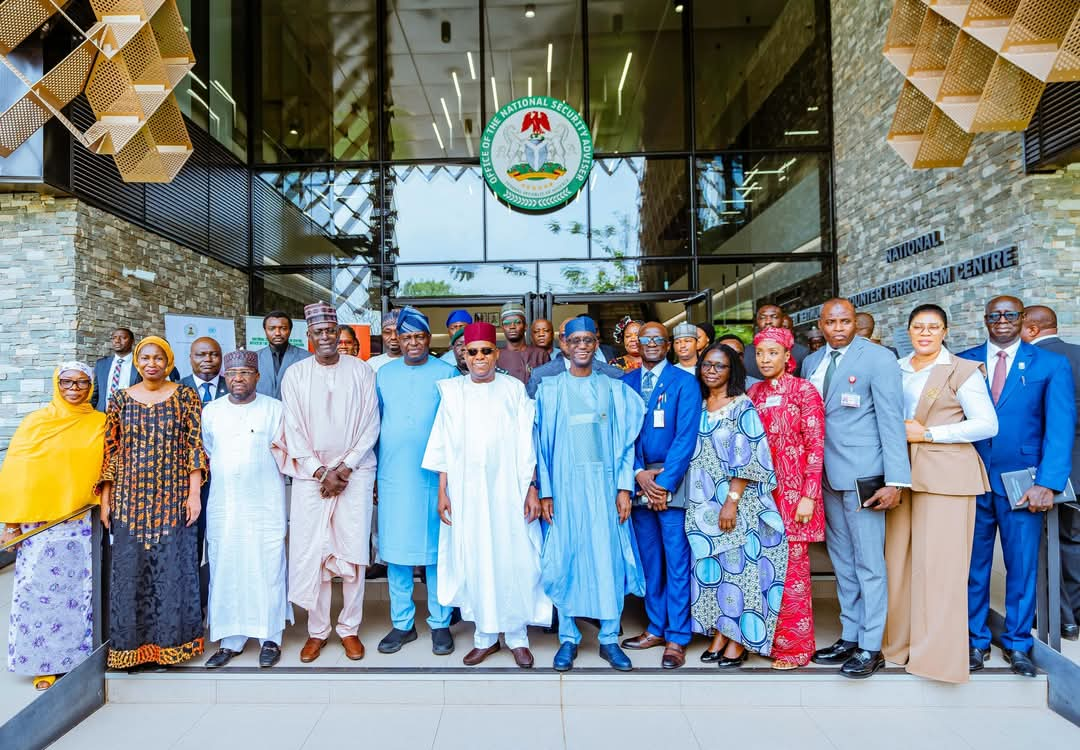
Believed to be domesticated 5000 years ago, the Donkey Equus africanus asinus, a subspecies of the wild species Equus africanus is a formidable creature. The ancestor of the modern-day donkey is the African wild ass. The donkey has been extensively used to carry loads for thousands of years and forms an important form of transportation across many rural areas, mountain regions, and hills across the world.
Although many people think of the donkey as a stupid animal, it is intelligent. Donkeys have an excellent memory and can be able to remember other fellow donkeys, people, and areas even after 25 years. They can live for up to 50 years or more, and their loud calls can be heard for up to 3 kilometers.
Donkey meat is considered a delicacy in some parts of Nigeria, Chinese restaurants, and Europe. In Italy, for example, about 1,000 donkeys were slaughtered in 2010, yielding approximately 100 tonnes of meat. In 2006, there were an estimated 41 million donkeys in the world with China having the highest population of about 11 million. However, owing to the increasing demand for donkey meat, skin, and milk, by 2017, the donkey population in China was reduced to only 3 million, and this alarming decline is currently being reported in Nigeria.
In the last few years in Nigeria, there has been increasing attention to protecting donkeys with attempts by Nigerian lawmakers to enact the Donkey Prohibition Bill, banning the excessive killings of donkeys and exportation to China. Countries such as The Gambia, Ethiopia, Mali, Senegal, and Burkina Faso have already banned donkey exportation.
Since 1992, the donkey population in Nigeria was estimated at around one million and is considered an Endangered animal by law. Yet, donkey exploitation continues due to pressure from the increasing demand for local consumption and the Chinese market demanding four million donkey skins annually for medicinal purposes, meat, and dyes. The price of donkeys over the years in Nigeria has risen from 15,000 to over 130,000 naira.
The donkey is a cultural symbol for many people in northern Nigeria and elsewhere and is heavily used for transport, cultivation, and long-distance travels, far and wide, as well as for socioeconomics. To this end, it is hoped that sustainable utilization of donkeys through increased production (breeding) and ranching as suggested by experts will alleviate the rapidly declining donkey population. Experts estimated that Nigeria can generate 500 million dollars if it can properly invest in donkey production, while also creating value chains.
Happy World Donkey Day, 8 May 2023!


